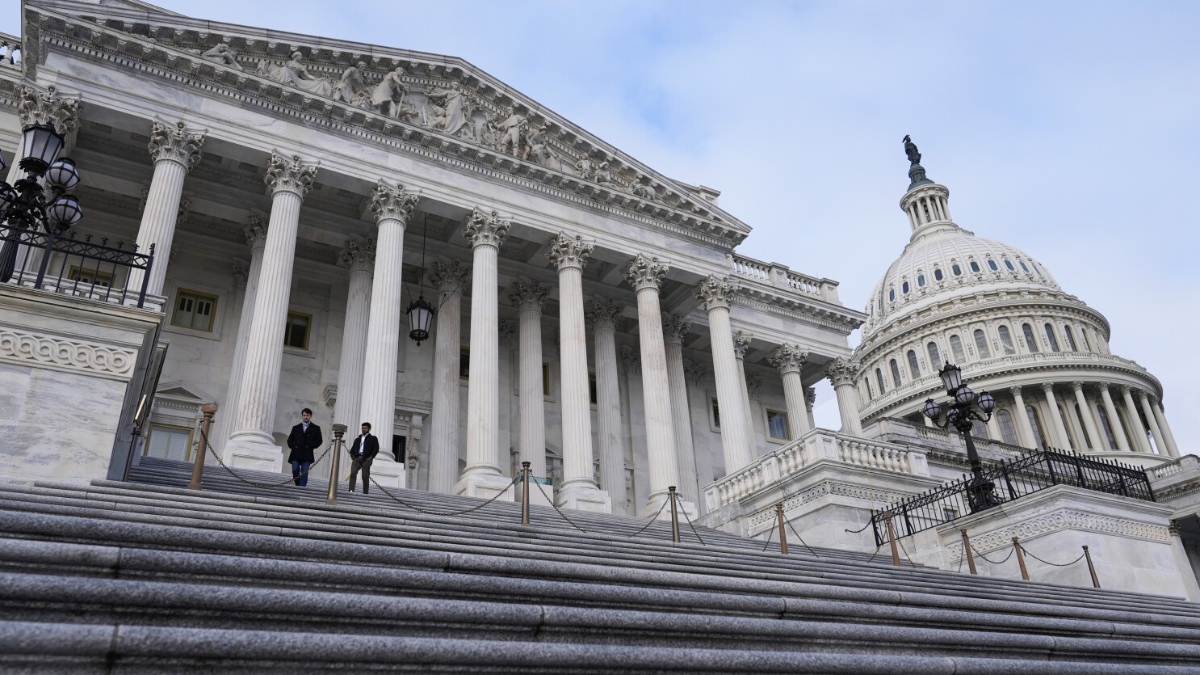As the congressional session nears its close, the Senate is urgently working to approve a significant Social Security expansion bill. Lawmakers face pressure to pass this reform before the clock runs out, as millions of Americans rely on Social Security benefits as their primary source of income. The proposed changes aim to strengthen the program, increase benefits, and ensure its long-term solvency.
What Does the Social Security Expansion Include?
The proposed Social Security expansion bill contains several critical measures designed to benefit retirees and strengthen the program:
- Increased Monthly Benefits
The bill would raise Social Security benefits for current and future retirees. This adjustment addresses the rising cost of living and inflation, which have eroded the purchasing power of fixed incomes. - Enhanced Cost-of-Living Adjustments (COLA)
COLA ensures benefits keep up with inflation, but the current calculation often falls short for seniors who face higher expenses, especially for healthcare and housing. The expansion proposes using a formula that better reflects the real costs retirees incur. - Raising the Payroll Tax Cap
To secure Social Security’s long-term funding, the bill proposes increasing the taxable income cap. Currently, only income up to $168,600 (as of 2024) is subject to Social Security taxes. By lifting this limit, higher earners would contribute more, strengthening the program for future generations.
Why the Rush?
Congressional sessions operate under strict timelines, and any unfinished legislation is shelved at the end of the term. If the Social Security expansion bill fails to pass before Congress adjourns, it will need to be reintroduced and debated from the beginning in the next session.
The urgency is compounded by the looming financial challenges Social Security faces. According to the Social Security Trustees Report, the program’s trust funds are projected to run out by 2034. Without reforms, beneficiaries could see a reduction in payments of up to 23%.
Political Divide: Challenges and Support
While the expansion enjoys support among many lawmakers, the bill is not without opposition:
- Democrats: Proponents of the bill argue that Social Security expansion is overdue. They emphasize that seniors, many of whom live on fixed incomes, need immediate relief from rising costs. Increasing the payroll tax cap, they say, is a fair way to secure Social Security for future generations.
- Republicans: Some lawmakers on the other side of the aisle express concerns over tax increases and advocate for alternative solutions, such as gradually raising the full retirement age or reforming benefits to reduce spending.
With such divides, passing the bill requires bipartisan cooperation—a challenge, especially under tight deadlines.
Why Social Security Expansion Matters
For millions of Americans, Social Security provides a financial lifeline during retirement. It is especially critical for low- and middle-income retirees, who often lack substantial savings or pensions. Expanding benefits would help seniors better afford essential expenses like healthcare, housing, and food.
Moreover, improving COLA adjustments is essential. Inflation in recent years has disproportionately impacted retirees, as their fixed benefits have struggled to keep up with rising costs.
What Happens Next?
If the Senate successfully approves the Social Security expansion bill, it will mark a significant step toward securing the program’s future. However, failure to pass it before the end of the session could delay much-needed reforms and leave millions of retirees in uncertainty.
As the deadline looms, retirees and workers are urged to stay informed about Social Security changes. For the latest updates and resources on Social Security benefits, visit the official Social Security Administration website.
Conclusion
The Senate’s race to approve Social Security expansion before the congressional session ends underscores the program’s importance to millions of Americans. By increasing benefits, enhancing COLA, and strengthening funding, the proposed reforms aim to provide greater financial security for current and future retirees. Whether lawmakers meet the deadline or not, the debate over Social Security’s future remains one of the most pressing issues in American politics.
Note: Every piece of content is rigorously reviewed by our team of experienced writers and editors to ensure its accuracy. Our writers use credible sources and adhere to strict fact-checking protocols to verify all claims and data before publication. If an error is identified, we promptly correct it and strive for transparency in all updates.








